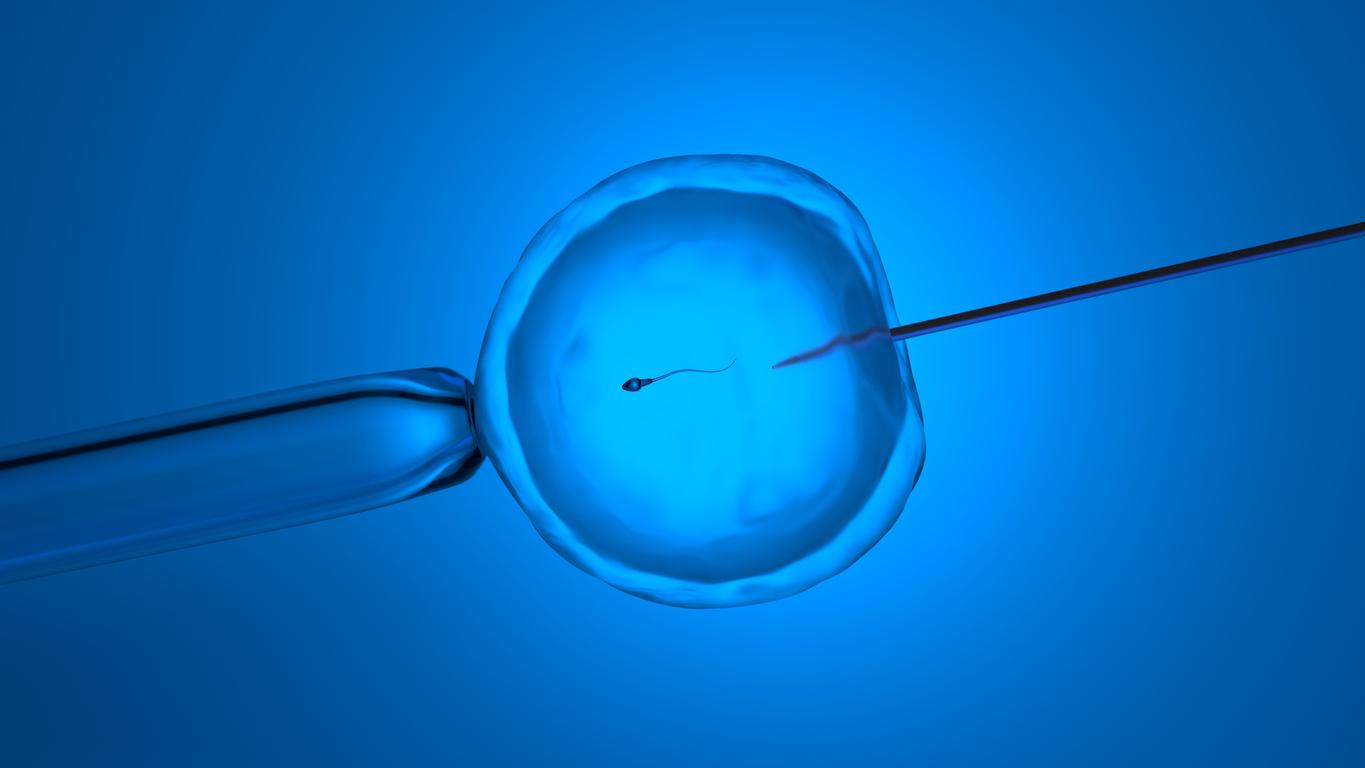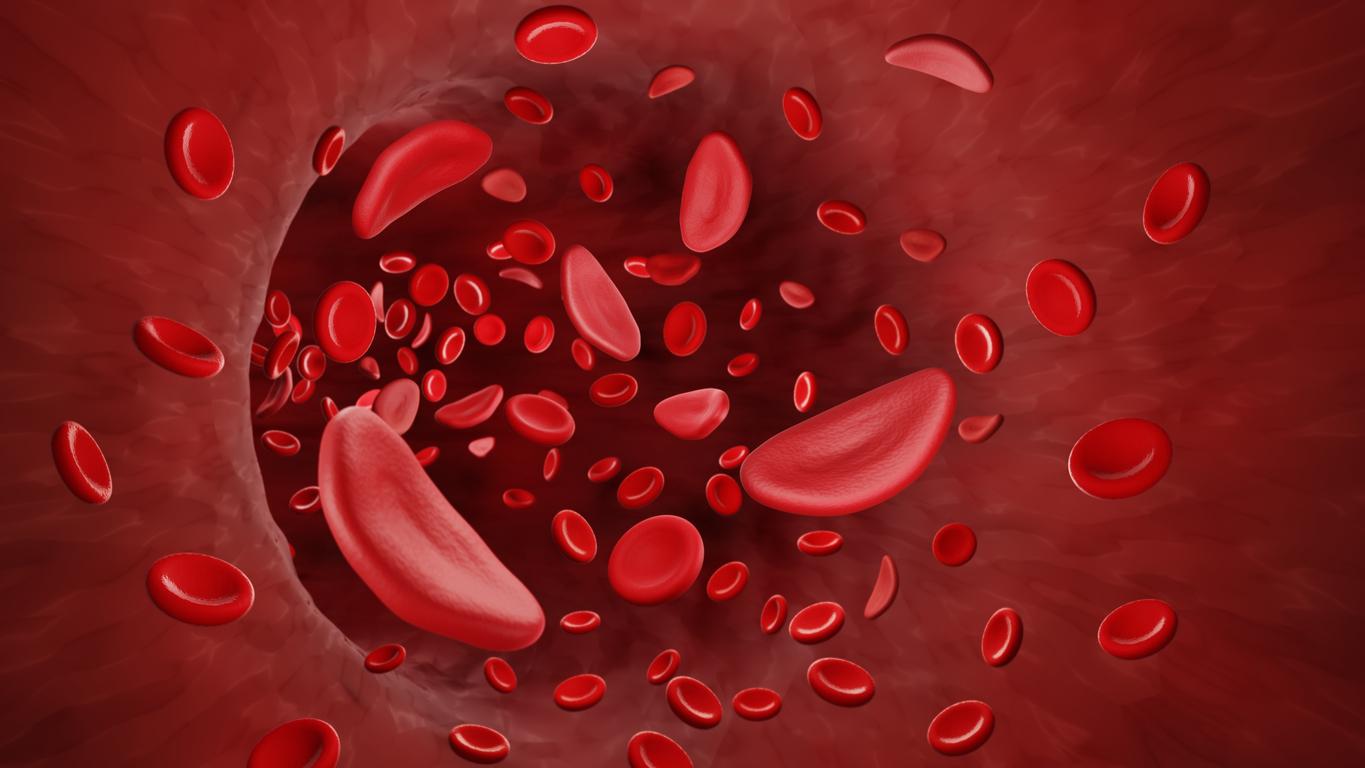While many specialists debate the diagnostic criteria for polycystic ovary syndrome, researchers have managed to identify genetic variations common to all patients suffering from this endocrine disorder.

Today in the world, 5 to 10% of women are said to suffer from polycystic ovary syndrome (PCOS), an endocrine disorder at the origin of many serious problems such as infertility or type 2 diabetes. However, in Despite the growing increase in this disease due to increased exposure to endocrine disruptors, its genetic origin remains unknown and each specialist has their own diagnostic criteria, which makes it a major subject of controversy among scientists. However, thanks to an international study published in the journal PLOS Genetics, we now know more about the pathways leading to this disease.
This is the largest genetic analysis ever done on PCOS. Indeed, researchers from 50 different institutes conducted a meta-analysis including more than 10,000 women with this syndrome. Of these, 2,540 had been diagnosed according to National Institutes of Health criteria (elevated testosterone and irregular periods), 2,669 according to those in Rotterdam (large egg production) and 5,184 cases had been identified by the private biotechnology company 23andMe. By following all these patients, the scientists managed to identify genetic variations associated with PCOS.
“One of our most important discoveries is that all these debates on the diagnostic criteria are useless”, explains therefore Andrea Dunaif, endocrinologist specialist in the disease at the School of Medicine Icahn of Mount Sinai (NYC, United States) and one of the lead authors of the study. “We can have a broad diagnosis and be sure to find the same genetic forms of PCOS”, she develops.
A surprising link to male pattern baldness
Another key observation is that the genetic pathways identified in PCOS patients are also linked to other disorders such as obesity, type 2 diabetes, menopause and depression. Surprisingly, researchers have also found links between PCOS and male pattern baldness. The genetic link to depression, meanwhile, is consistent with previous studies that found that women with PCOS were more likely to suffer from depression.
“This study also shows the enormous power of genetics to learn more about the disease. For the first time, we are making real progress in understanding the pathways that cause PCOS and diseases genetically connected to it.” , welcomes Andrea Dunaif. Eventually, the researchers hope their findings could lead to the development of new treatments for PCOS
Because at present, there are none on the market. In May, Inserm researchers announced that they had find a means of dealing with affliction thanks to a molecule that regulates the functioning of these cells, but trials are still in progress. In the meantime, when a woman is diagnosed as suffering from this syndrome, her gynecologist most often suggests that she be put on a low-dose pill. If the cysts are really very large, he may prescribe surgery to remove them.
PCOS is most often manifested by abnormally spaced periods (between 6 weeks and 2 and a half months between two cycles), excessive hairiness, acne or even weight gain. If you suffer from several of these symptoms, go to a specialist who will probably prescribe an endovaginal ultrasound (the probe is inserted inside the vagina) to be performed between the 3rd and 5th day of the cycle in the presence regular cycles and without taking the pill.
.

















